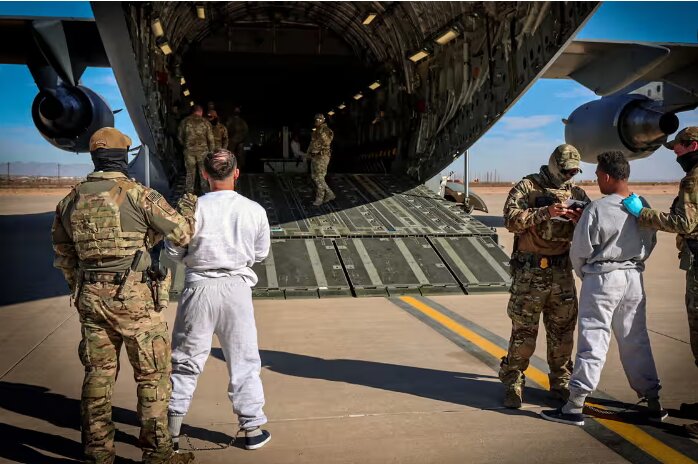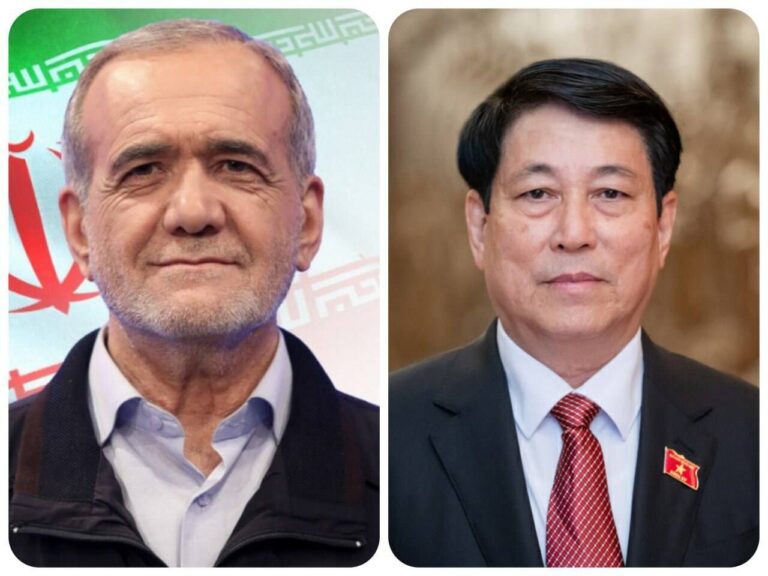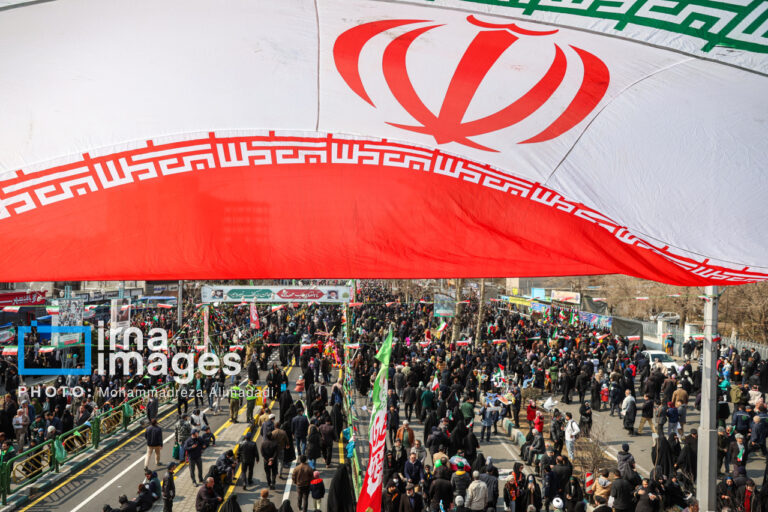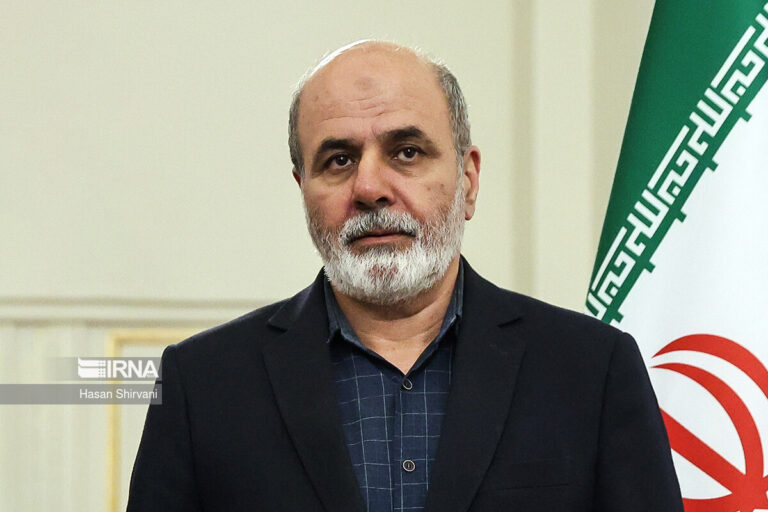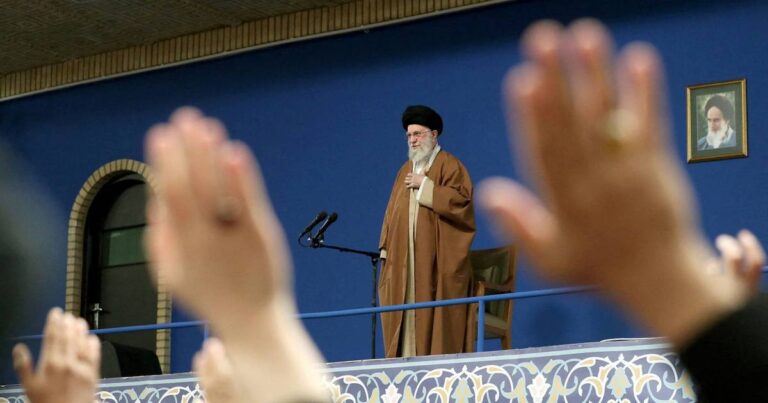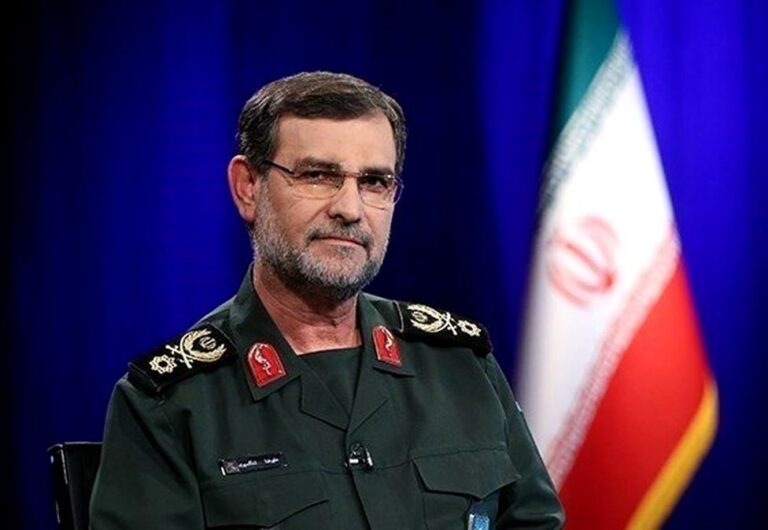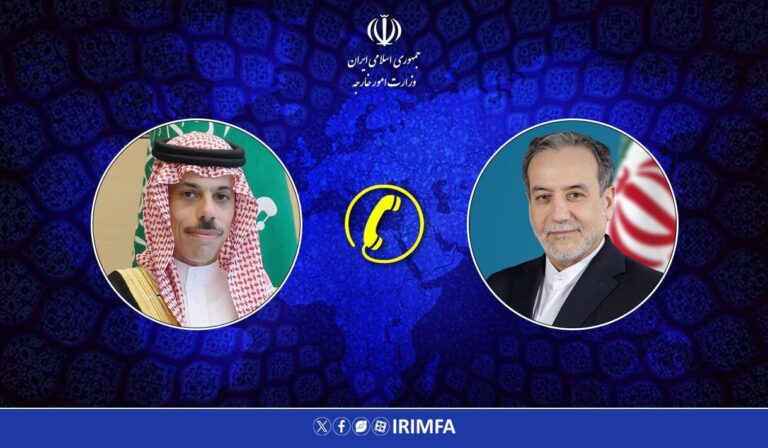US Transfers 177 Guantánamo Deportees to Venezuela: A Major Shift in Immigration Policy
The recent developments surrounding the deportation of Venezuelan migrants from the US naval base at Guantánamo Bay have raised significant concerns regarding human rights and immigration policies. On Thursday, a notable move took place when the Honduran government announced the arrival of around 170 Venezuelans who were set to be deported back to Venezuela from the United States.
According to reports from The Guardian, human rights lawyers had filed a lawsuit just days prior, seeking access to those detained at the facility. This legal action emphasizes growing concerns about the treatment of migrants and the legal rights afforded to them during the deportation process.
The US Department of Homeland Security confirmed that a total of 177 migrants were deported from Guantánamo Bay on that Thursday. This group included:
- 126 individuals with criminal charges or convictions,
- 80 of whom were allegedly linked to the Tren de Aragua gang,
- 51 individuals without any criminal record.
The backdrop to these deportations includes a lawsuit filed by the American Civil Liberties Union (ACLU) last week, which highlighted the lack of access to legal representation for many immigrants flown to Guantánamo Bay. The lawsuit claims that these individuals were being denied their fundamental right to an attorney.
Historically, the Trump administration initiated the practice of transferring detained immigrants to Guantánamo Bay on February 4, describing these individuals as the “worst of the worst.” They alleged that many included “criminal alien murderers, rapists, child predators, and gangsters.” However, human rights advocates have questioned the validity of these claims, stating that the government failed to provide sufficient evidence of serious criminal activity by the detainees.
Among the deportees is Luis Alberto Castillo Rivera, a 23-year-old Venezuelan who was detained while seeking asylum at the southern US border on January 19, a day before Trump’s inauguration. His sister, Yajaira Castillo, vehemently defended him, stating, “He’s innocent,” and asserted that he had no ties to the Tren de Aragua gang. This highlights the personal stories behind the statistics, emphasizing the human aspect of immigration policies.
The flight carrying the deportees occurred shortly after Honduran President Xiomara Castro announced a new deal with the Trump administration to extend an extradition treaty that was nearing expiration on February 28. This treaty has primarily been utilized to prosecute drug traffickers in the United States.
However, the political landscape surrounding this treaty is complex. In August, President Castro had expressed her disapproval of the treaty, coinciding with a scandal involving her brother-in-law negotiating illicit campaign contributions with drug traffickers. Critics have raised alarms that the recent agreement may serve to protect Castro’s family from potential legal repercussions similar to those faced by former President Juan Orlando Hernández, who was convicted of drug-trafficking conspiracy charges in New York.
The Honduran Foreign Minister, Eduardo Reina, indicated that the new deal includes provisions to ensure that extradition will not interfere with the upcoming electoral cycle in 2025. This aspect has drawn criticism, with many viewing it as a politically motivated move rather than a genuine effort to uphold justice.
Furthermore, discussions surrounding migration were a key component of the deal between Honduras and the United States. Honduras is one of the few countries in the region that recognized Nicolás Maduro’s controversial victory in the Venezuelan elections last year. This relationship is described as cordial but complicated, reflecting the intricate dynamics of international diplomacy.
In summary, the deportation of Venezuelan migrants from Guantánamo Bay raises profound questions about human rights, legal representation, and the political machinations of governments involved. The stories of individuals like Luis Alberto Castillo Rivera serve as poignant reminders of the human cost behind immigration policies.
